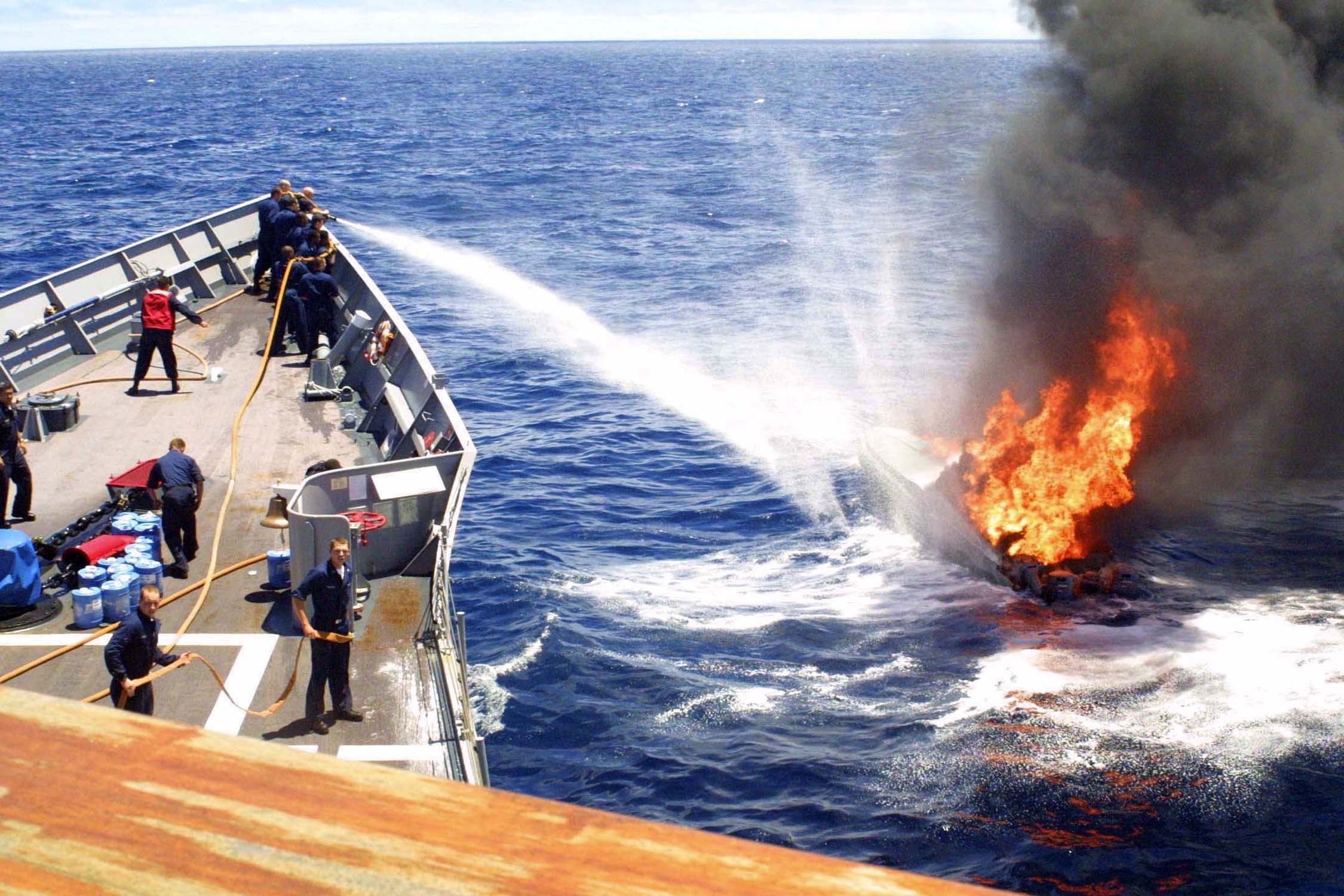What do The League of Nations, The Vietnam War, and George W. Bush’s search for weapons of mass destruction all have in common? All three of these were failed initiatives by presidents that stained the administrations that they were put forth by.
Another one of these failures is the “War on Drugs” put forth by Ronald Reagan. Not only has this war failed to meet its goals of eradicating the drug problem in the United States, it has also taken hundreds of billions of dollars out of the pockets of American taxpayers.
Last year, I wrote an article about legalizing cannabis for recreational use. In 2013, nearly 700,000 people were arrested for violations of federal and state marijuana laws, but over 600,000 of these were only for simple possession.
The enforcement of such laws puts a plethora of nonviolent offenders behind bars for the possession and distribution of mind-altering substances, but what about people who are arrested for violent drug-related charges? Surely, those people should be incarcerated in a cold cell block right?
This common rebuttal to arguments for drug decriminalization and legalization completely ignores the causes of drug-related violence. Picture yourself as someone living in the slums of Colombia in the mid-80s. Your family of five lives on an income of around $5 a day, and you’ve gotten so used to the feeling of hunger that it’s as natural as inhaling and exhaling.
One day you’re approached by someone who tells you that you can make $10,000 just for taking a single package to the United States. Would you do it?
Of course! This is exactly what the Medellin and Cali Cartels in Colombia did to move cocaine from South America to Miami, New York, and Los Angeles. From their point of view, the United States had a hyper-demand for a product that they had, and if they could maintain the supply, they would bring wealth and prosperity to their nation.
Yes, the Cartels did kill thousands of people in their pursuit to control the market, but this is what pure, unregulated capitalism looks like. The somewhat comedic part of this whole situation is that Reagan was probably the biggest disciple of “trickledown”, supply-side economics over the last thirty years.
The truth is the United States demand is one of the main reasons why drugs have ravaged developing nations around the world. It’s been proved that when a person is desperate, she or he will do things that one could never imagine in order to survive.
Efforts on behalf of the government to eradicate drugs continues to fuel mass-incarceration and contribute heavily to the number of lost opportunities due to felony convictions.
What is so inherently wrong with mind-altering chemicals anyways? One of the main reasons there is support for the “War on Drugs” is because people are skeptical of others’ actions while on drugs. Those who have never been around intoxicants or narcotics have never seen casual use of both prescription and illegal drugs; therefore, she or he will not know what to expect from a person under the influence of drugs.
Propaganda claims that drugs will automatically ruin one’s life, or that criminal drug-enforcement is an essential form of keeping communities safe.
These carefully crafted pieces of media distort conversations about whether drugs can be used responsibly or not. What people don’t realize is that the prohibition of recreational drugs stands directly in the way of a method to acquire tax revenue, and defunding the drug war would allow for allocating of funds towards rehabilitation programs. This would be a better way to regulate drugs and form a mindset of safe and responsible use.
Allowing the recreational use of drugs would actually set a standard for the purity of drugs. This would greatly reduce the amount of overdoses and bad experiences due to the purchase of drugs cut with unsafe combinations of chemicals. Our society could go farther than safe-needle programs and provide places where people can use a pure, uncut product in a safe environment.
What is truly baffling is that the “War on Drugs” is often perpetrated due to reasons outside of concern with drug abuse, such as ethnic or racial motivations. Just as Harry J. Anslinger used racist rhetoric to support the marijuana prohibition movement, many policies such as the disparities in severity between crack and cocaine charges seem to be very racially motivated.
The American people must realize that the only success the “War on Drugs” has really achieved has been increasing the amount of nonviolent offenders in prisons and helping increase our national debt.
It has divided Americans between socioeconomic, ethnic, and racial lines in order to uphold a failed policy attempt. Please, do your research and at least open your mind to new ways of thinking. Vale!
